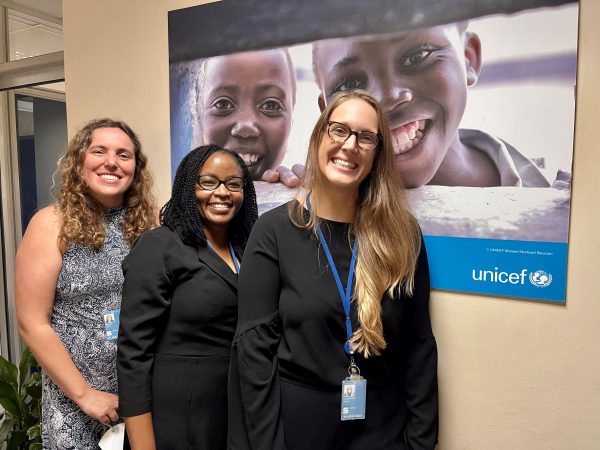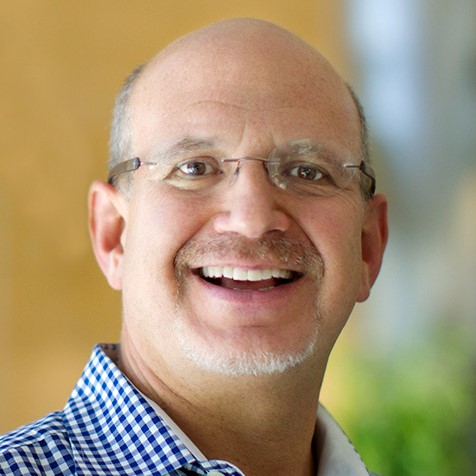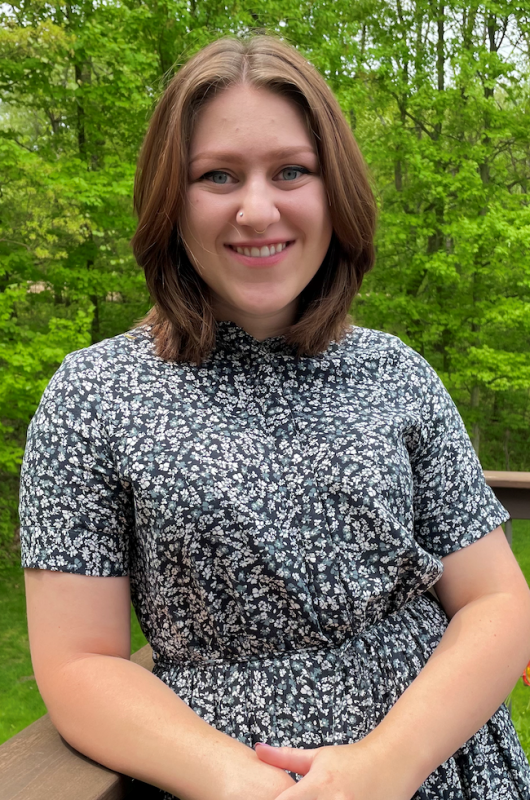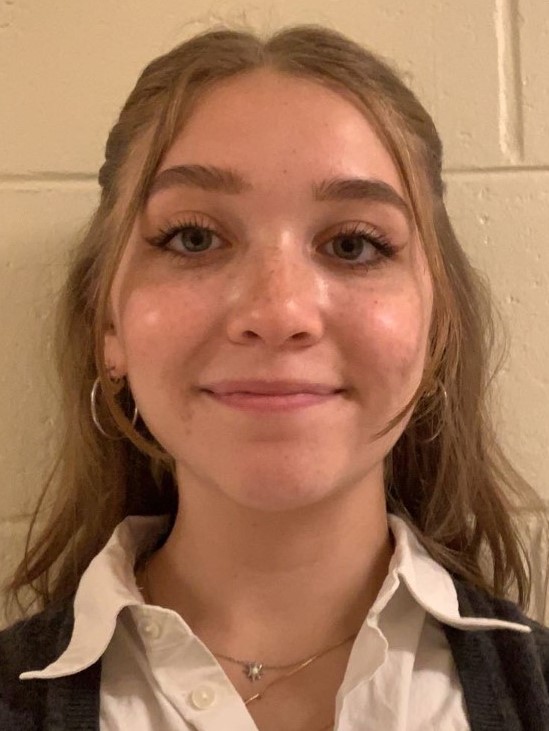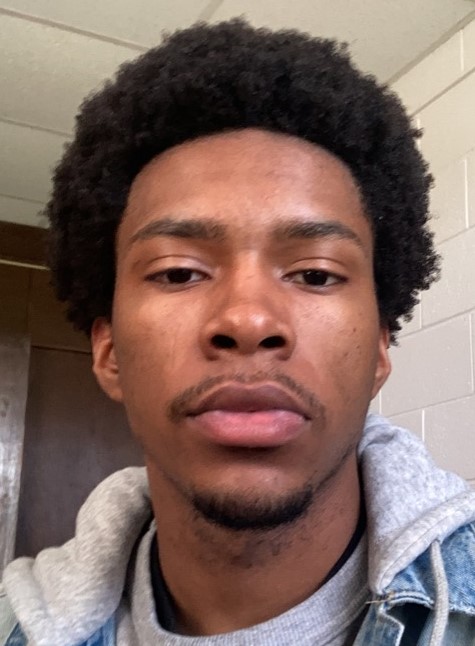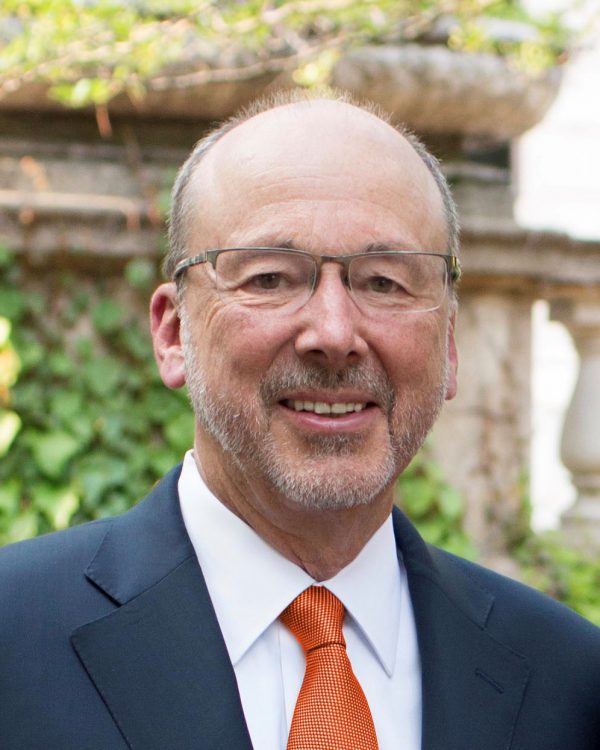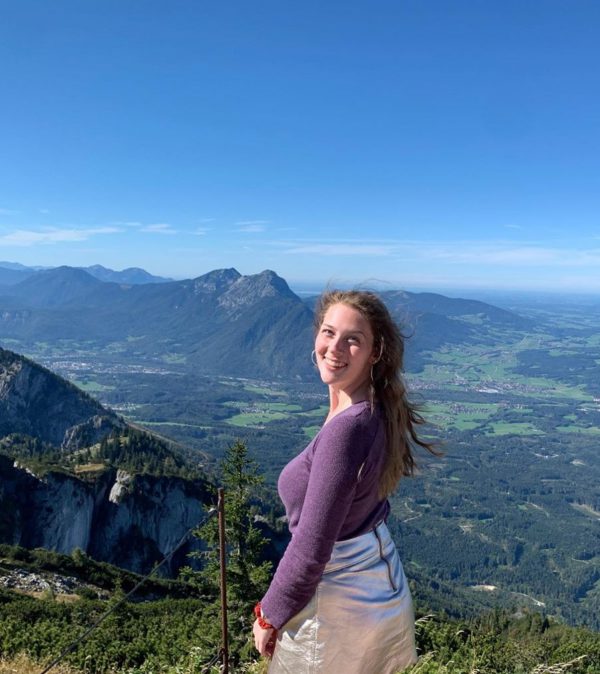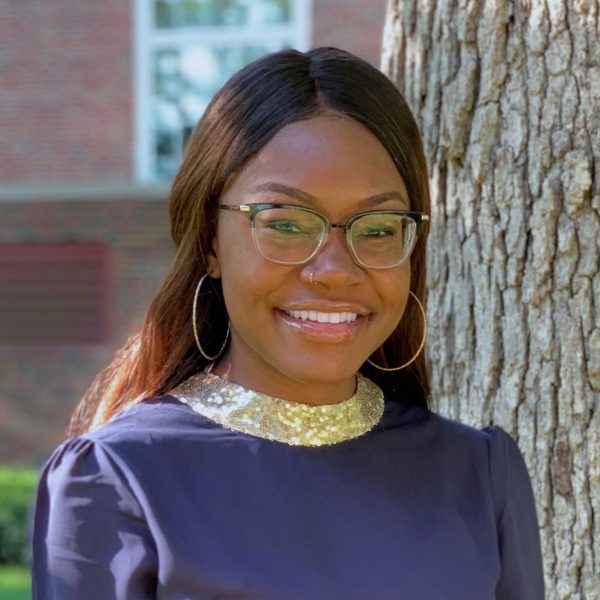A new fellowship established by alumnus Robert Sherbin ’79 and named after his father, Jerry, is giving its first Kalamazoo College graduating senior a chance to go overseas for 10 months while exploring a subject of deep personal interest.
To fulfill her fellowship, Elle Waldron ’23—a women, gender and sexuality (WGS) major—will visit a variety of feminist and gender-equity organizations to witness the tools and strategies they use to execute their work and complete their goals.
“Having this opportunity to travel and continue my education is a special way to be able to see other perspectives,” Waldron said. “It affirms that it’s possible for me to continue to follow my passions of WGS and gender equity work because people are working in those fields in their careers.”
Assuming her plans develop as proposed, she will travel to Australia, South Africa, Costa Rica and Spain beginning in late August or early September. Through that she will regularly update Sherbin, the College and the Center for International Programs (CIP) on her progress. In fall 2024, she will return to K to present her experiences to prospective fellowship applicants.
Waldron said she felt overwhelmed when she first was notified that she was selected for the fellowship.
“It felt unreal and now I’m super excited,” she said. “I think part of the excitement is being able to challenge myself and push my comfort zone. I feel like this will change the trajectory of my post-grad experience.”
Waldron was one of seven applicants and three finalists in the fellowship’s first year. The other finalists were Zoe Reyes ’23, who planned to study eco-poetry on medicinal plants in biodiversity hotspots; and Shannon Brown ’23, who proposed investigating the social status of French-based creoles in the Caribbean.
Waldron “had a lot of attention to detail with her application and showed she’s aware of how she would be perceived in places as an outsider while being amenable to how she could navigate those kinds of situations,” said Lizbeth Mendoza Pineda ’16, the Sherbin Fellowship CIP liaison and a co-chair of the fellowship’s selection committee. “She also recognizes that she’s only going to be abroad for a short amount of time, yet she’s trying to make as much of an impact and learn as much as possible, while making sure that whatever work she accomplishes is sustainable. I think that’s something that impressed the committee.”
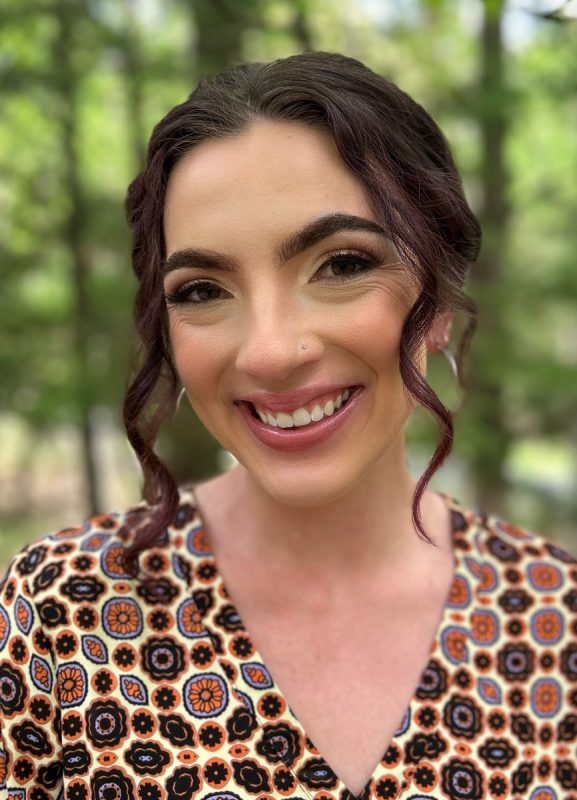
Sherbin participated in study abroad at K by traveling to the University of Nairobi, where he was one of just six undergrads from the U.S. and the only K student.
Later, as a senior, he received a Thomas J. Watson Fellowship, an external grant through the Watson Foundation, that allowed him to create and follow through with a one-year project overseas. With that he spent a year in Central and West Africa as a Watson Fellow, conducting a sociological study of long-distance truck drivers. Sherbin said the experience was transformative and guided him toward graduate school at Northwestern University, years spent as an international journalist, and eventually, working as the vice president of corporate communications at NVIDIA, a Silicon Valley-based technology company.
Waldron had her own study abroad experience in Chiang Mai, Thailand, for six months last year.
“I was lucky to have a study abroad experience that allowed me to be comfortable in a space that I wasn’t familiar with because I was supported and had friends in the program,” Waldron said. “Because of that, I recognized my own skills and ability to adapt. With K providing that foundation, I feel I have a fantastic ability to investigate things abroad.”
Now, she hopes those investigations will yield long-term relationships with people from around the world and allow her to consult those people regularly in the future. She would also like it to help her become a better critical thinker and define feminism from a global perspective as it’s influenced by a variety of historical and cultural contexts.
“I think as a WGS major and as an individual, I’m interested in how gender and sexuality structures the world around me,” Waldron said. “But for me, getting out of academia is a bit of a leap, because I’m not sure how to apply all these things that I have learned. I want to work on projects that pursue gender equity and find out how to be the most effective. That’s why I’m interested in this project. I want to see what other new worlds women and people are creating, because I want to see them in my own career.”

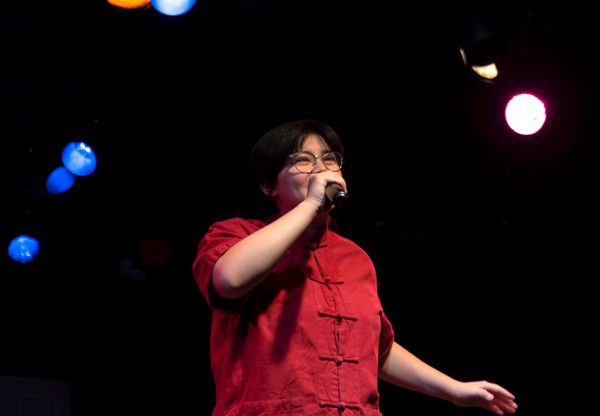
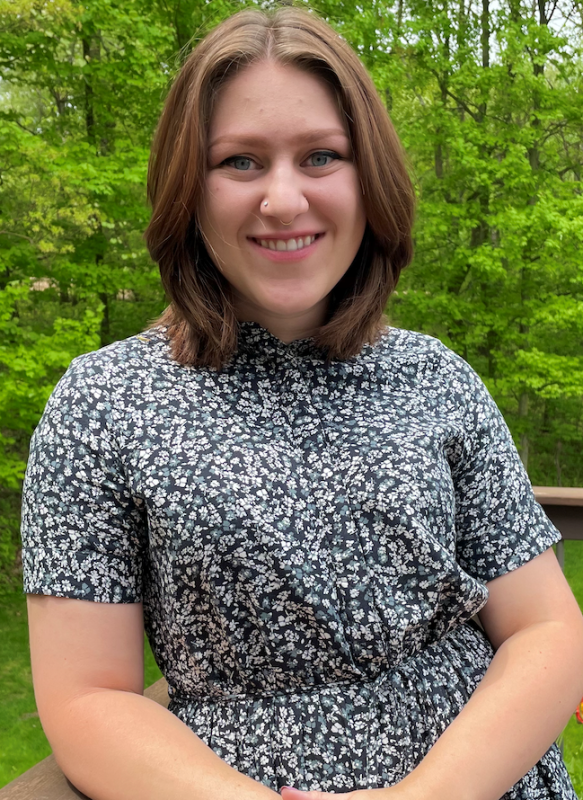
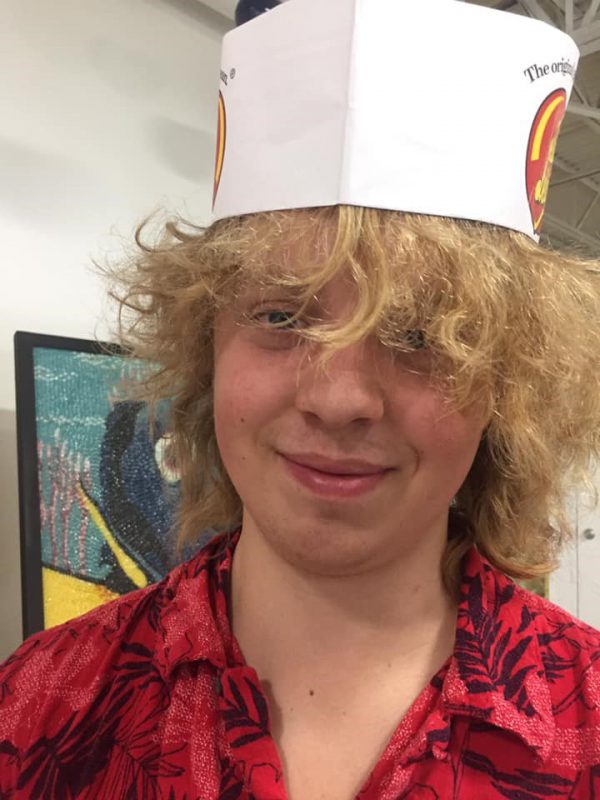
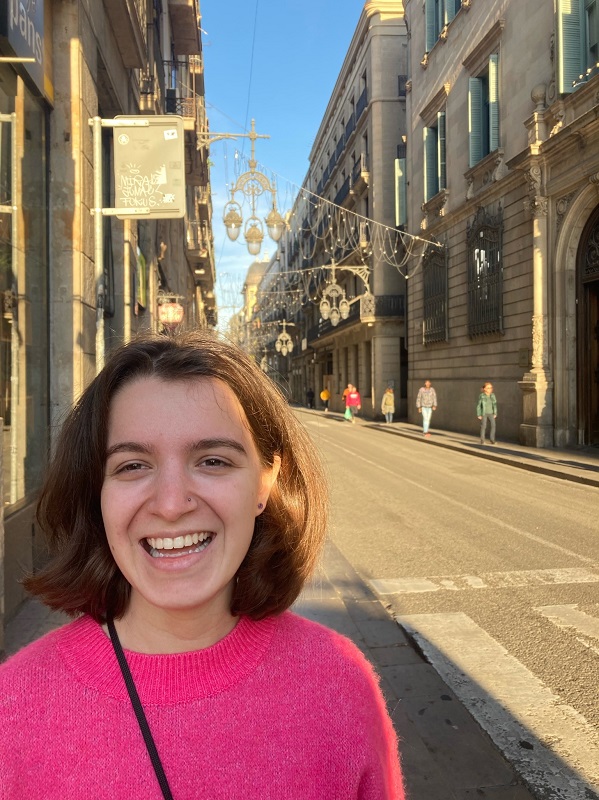
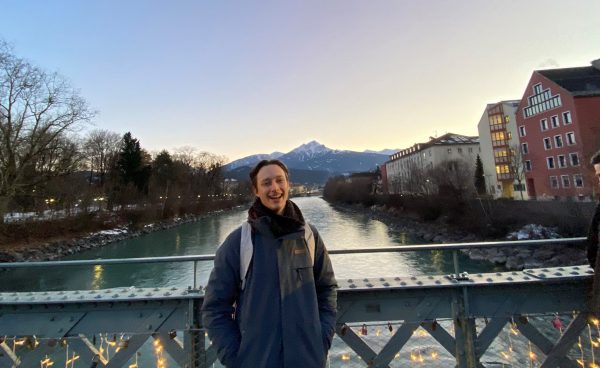 Matthew Flotemersch ’20
Matthew Flotemersch ’20